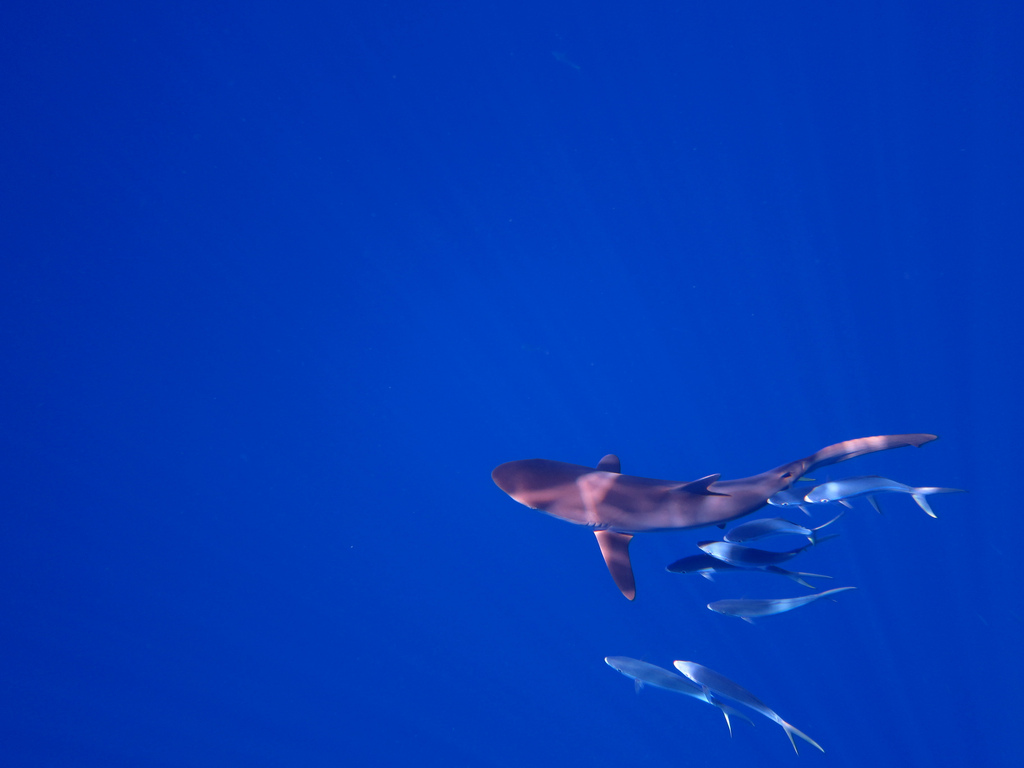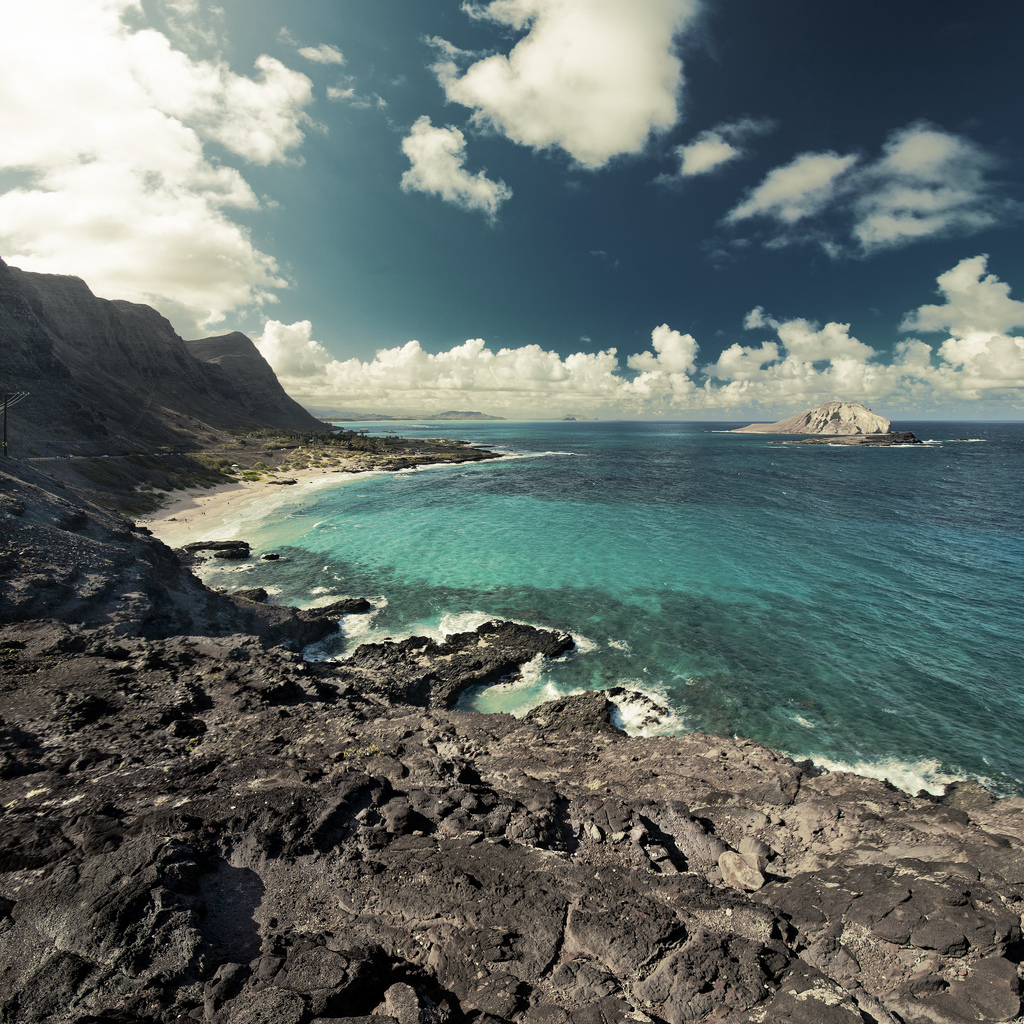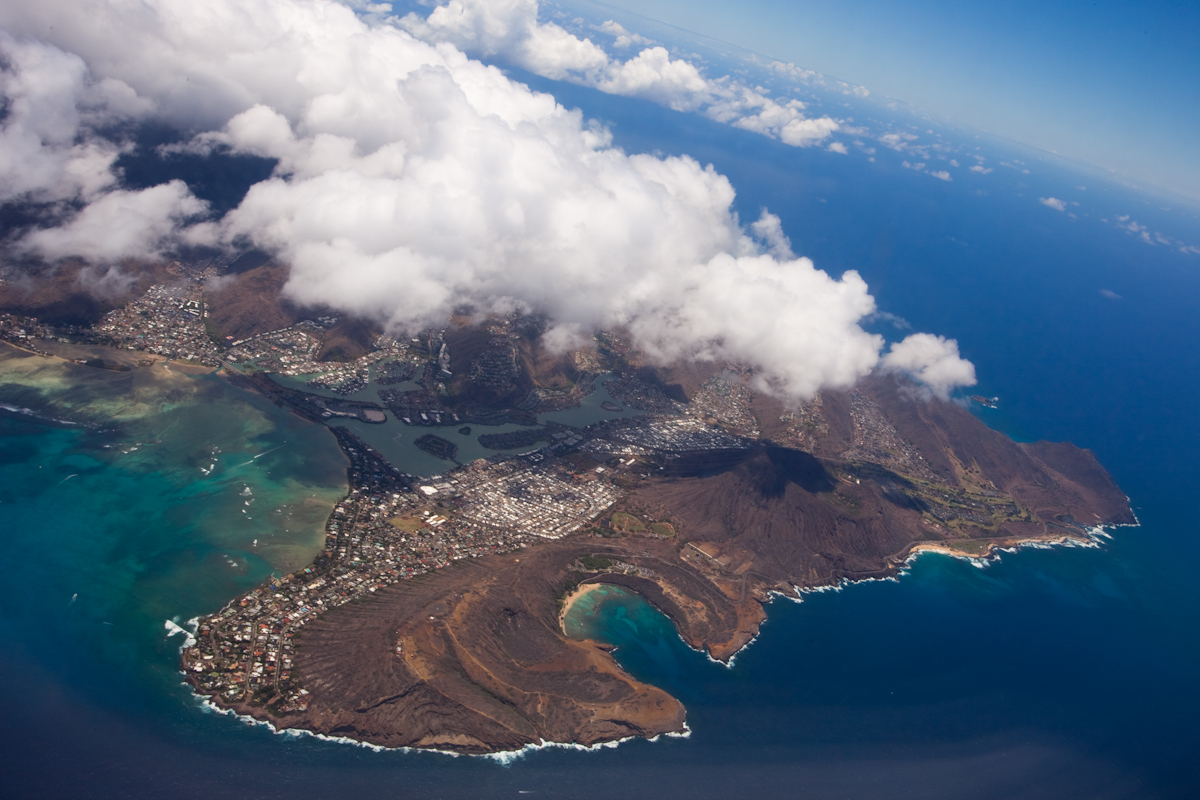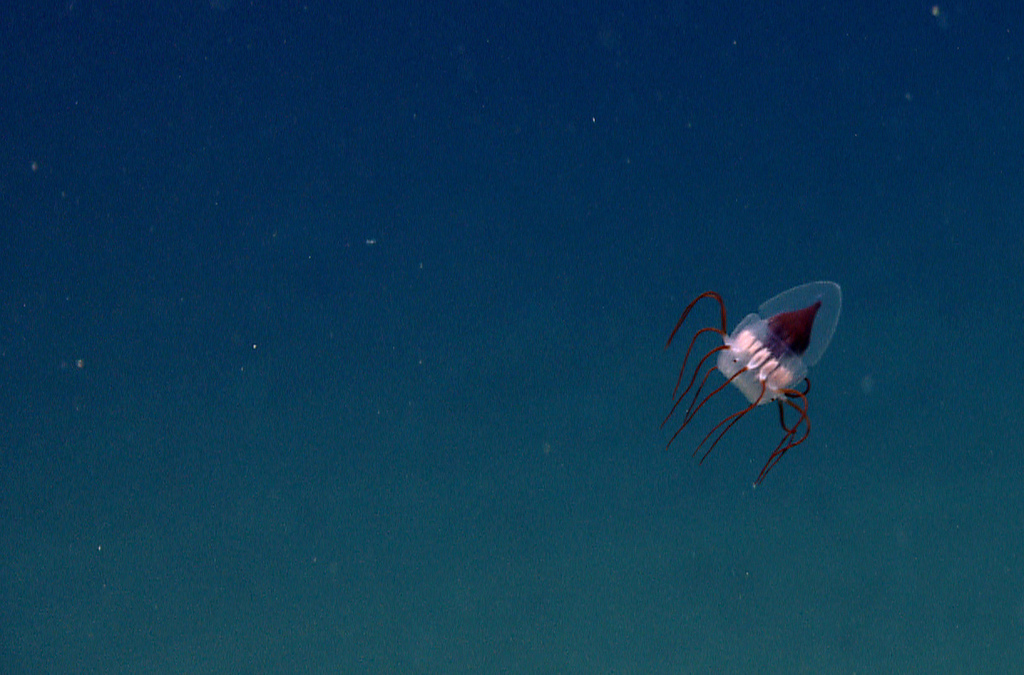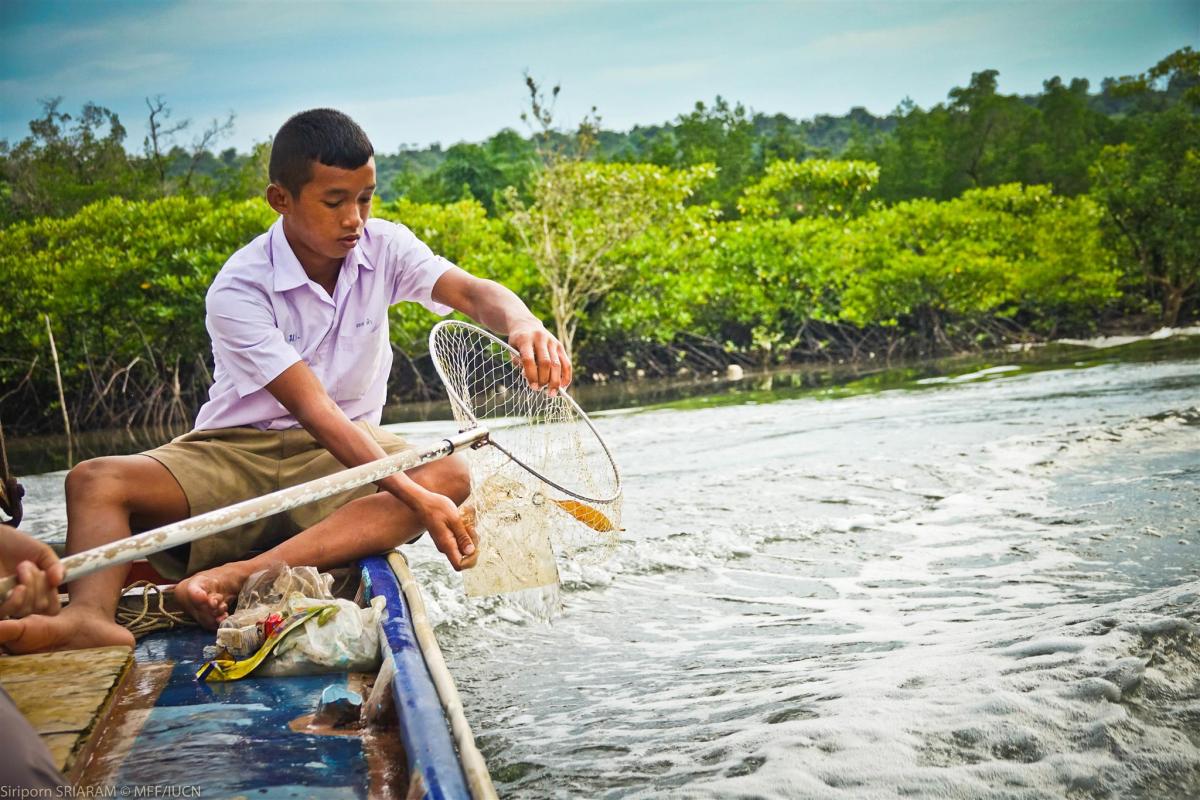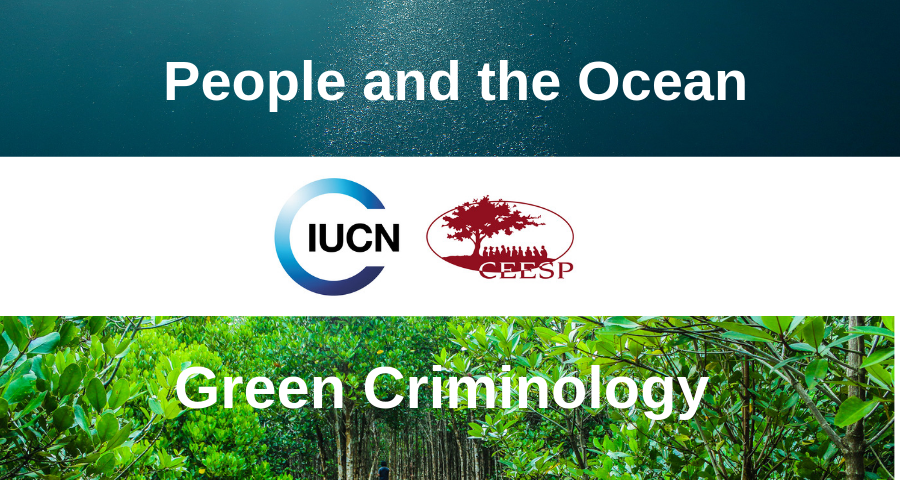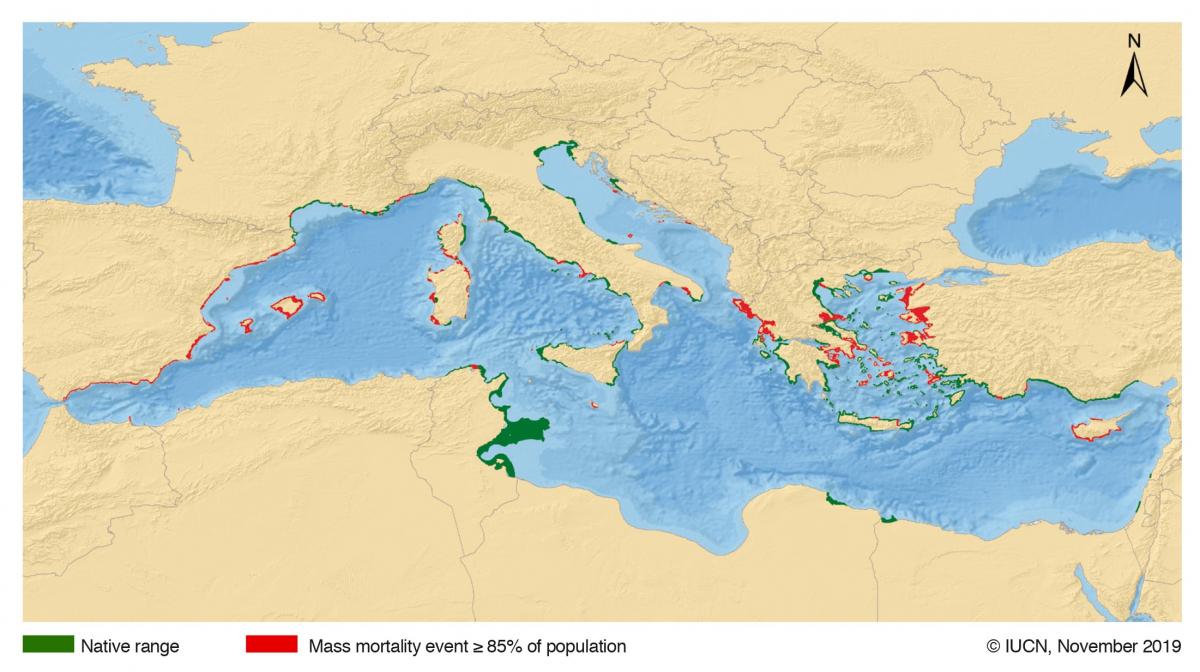Oceans, Law, and the IUCN World Conservation Congress
While the UN Preparatory Committee met in New York to discuss a new instrument on marine biodiversity in areas beyond national jurisdiction, on the other side of the country, in Hawai'i, the global community grappled with the same fundamental issue: how to ensure conservation of the world’s oceans. The meeting in Hawai'i – the World Conservation Congress – brought together several thousand leaders and decision-makers from government, civil society, indigenous peoples organizations, business and academia to discuss the future of conservation. There – in the middle of the Pacific, a few miles from the newly expanded Papahānaumokuākea Marine National Monument, the world’s largest protected area – oceans took centre stage.
The World Conservation Congress, which meets every four years, serves as the main governing body of IUCN. The Congress Forum provides space for discussion of the main issues facing the planet. At the Members Assembly, IUCN’s 1300 Members – including 90 State Members – adopt resolutions that dictate IUCN’s position on global issues and set a common agenda for the Union. Through its history, the Congress has played a key role in influencing the development and direction of international law.
During the forum, a number of workshops and knowledge cafes on oceans featuring Sylvia Earle, Pierre-Yves Cousteau, and a host of globally recognized experts in oceans and ocean law, drove home the point that conservation of the world’s oceans is essential and urgent, and that the process underway in New York must be complemented by action to strengthen marine protected areas, ensure sustainable marine conservation financing, and regulate unsustainable use of marine resources, both within and outside national jurisdiction.
The strong ocean focus manifested in adoption of over a dozen resolutions related to oceans and marine biodiversity. These included resolutions addressing whaling, coral reef destruction, unsustainable fishing, marine litter, mining waste, marine connectivity, and the relationship between oceans and climate change. Multiple resolutions dealt with marine protected areas, including in areas beyond national jurisdiction. These resolutions will provide guidance and tools for IUCN members to continue working through the UN process and other means to conserve the oceans that cover our world.
IUCN has developed a fact sheet summarizing resolutions directly relevant to the design of an instrument on marine biodiversity in areas beyond national jurisdiction:
In addition, all adopted resolutions are available here.
This is part of a series of stories on activities and developments at the World Conservation Congress from a legal perspective. See also the last story on Law and the future of conservation. For more information, please contact the IUCN Environmental Law Centre.
